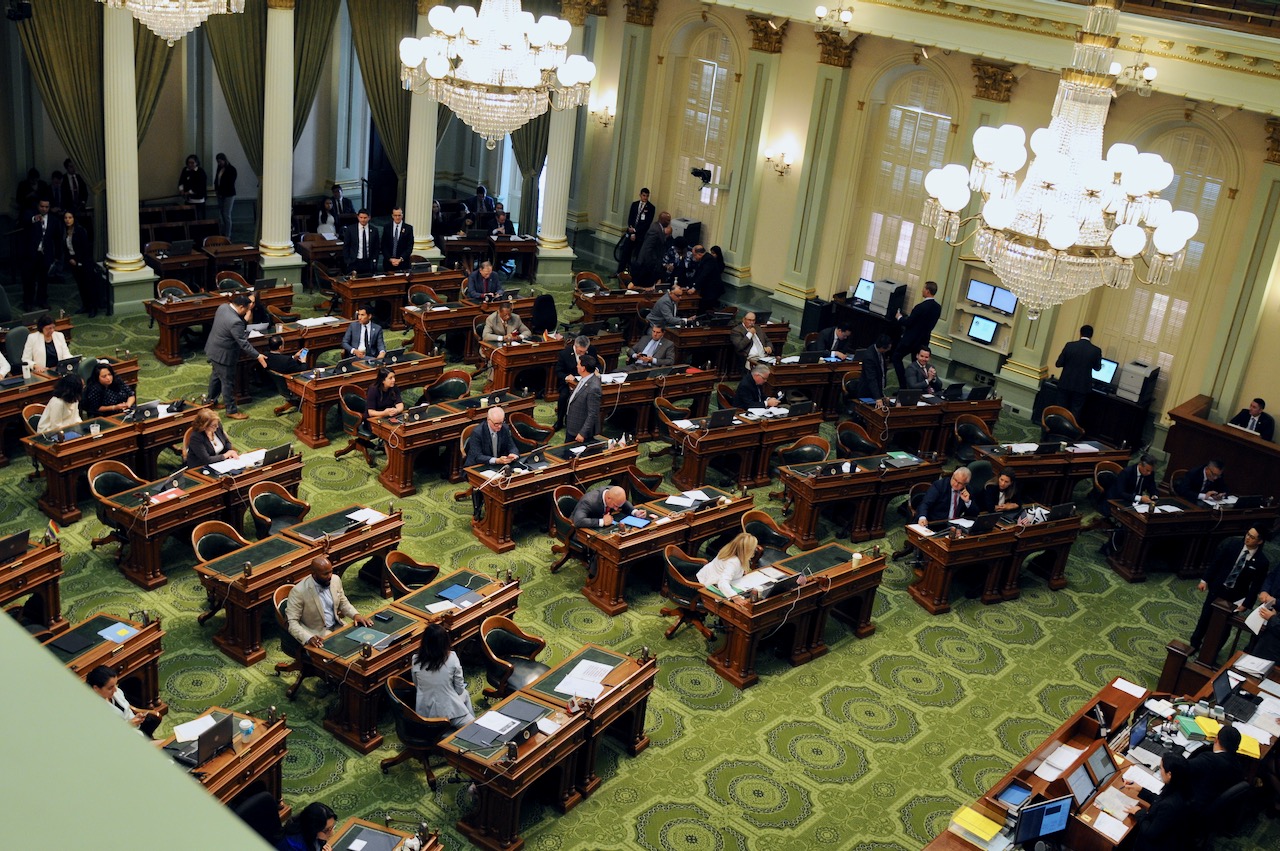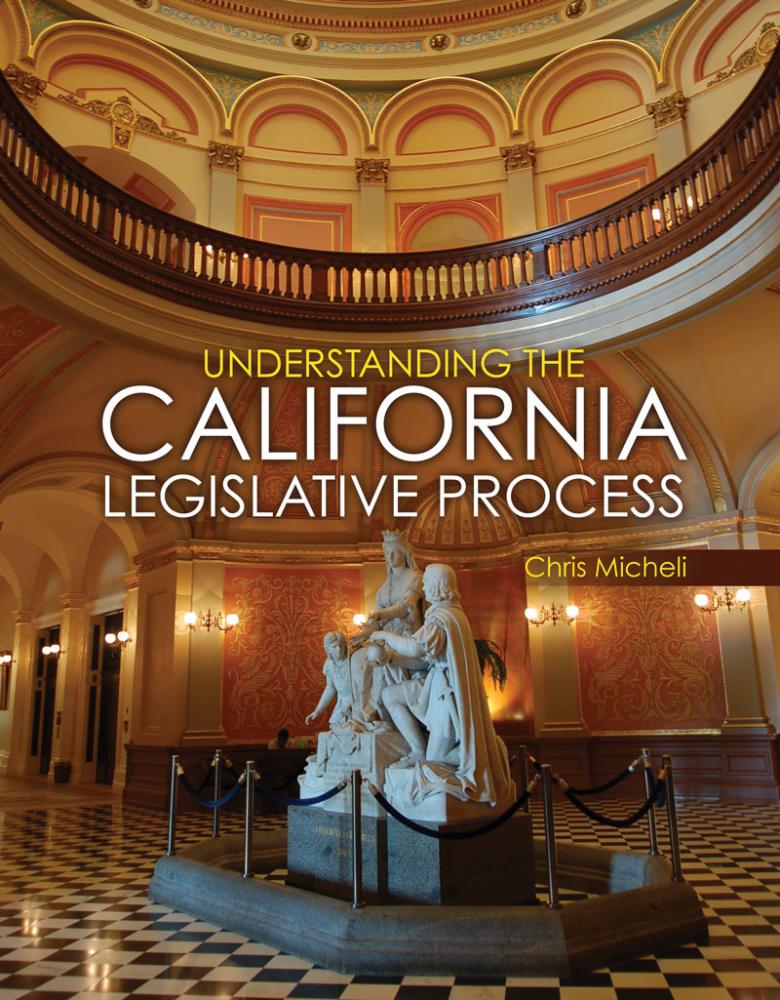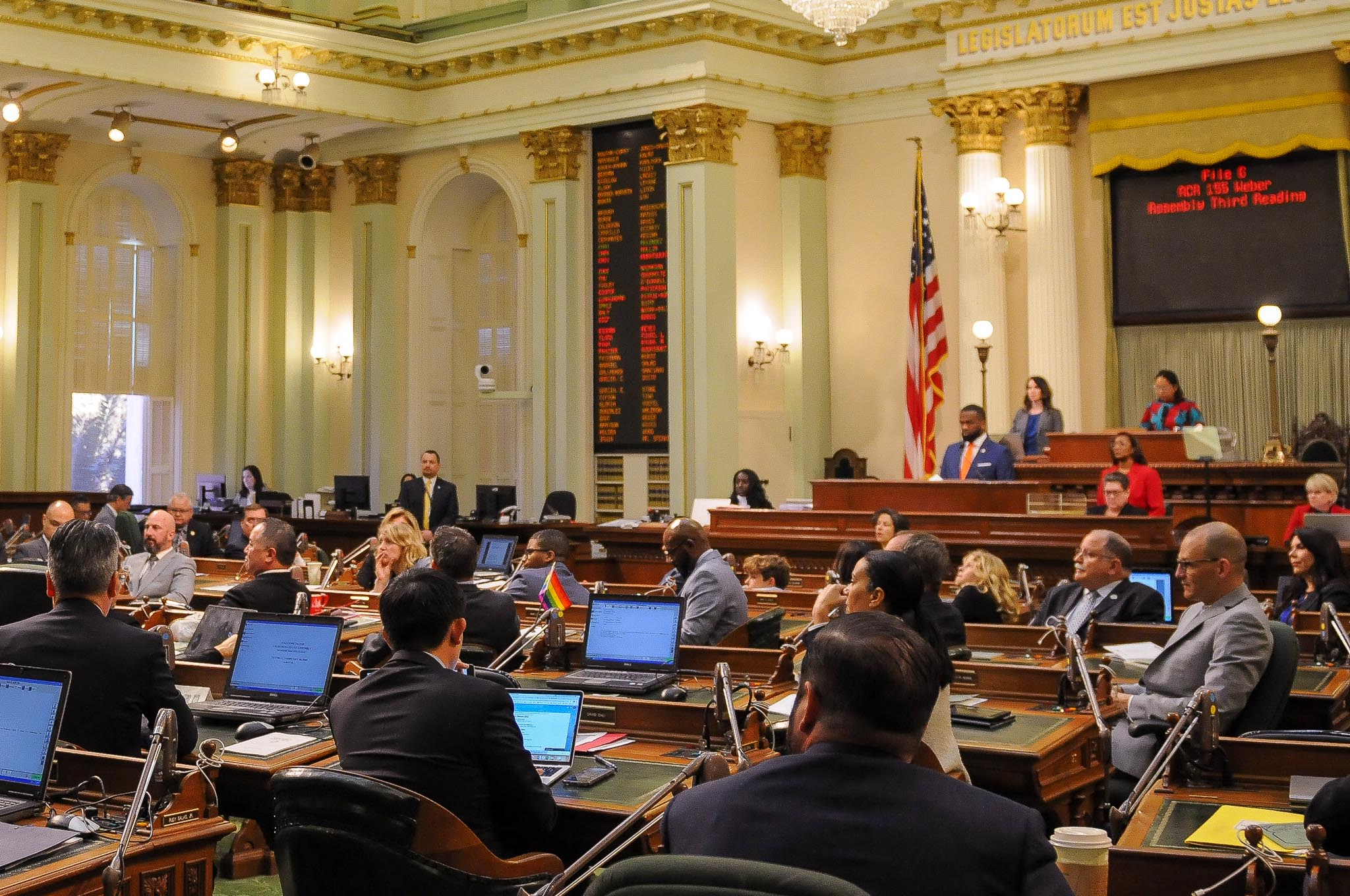
Downtown Sacramento from the Capitol building. (Photo: Norcal_kt, Shutterstock)
Should California Bill Statements Be Justified?
As the judiciary researches these statements, some are found to not have any basis in fact
By Chris Micheli, November 4, 2023 2:30 am
I continue to be concerned about statements made in California bills, whether they are findings and declarations, urgency clauses, special statutes, etc. My concern is that these statements are based upon whatever information is provided by the bill author’s office and given to the bill drafter. I believe these statements should be more than just an opinion; instead, they should be fact-based.
Why do I think these statements should be justified, if not fact-based, and not opinion? Because they can be and do get considered by the judicial branch of state government. And the judiciary do not always accept them because, as they research these statements, some are found to not have any basis in fact.
By way of background, the attorneys at the Office of Legislative Counsel essentially document all of the statements in the Legislative Counsel’s Digest that they write, although that documentation does not appear in the actual text of the Digest. The purpose of the attorneys doing so is to ensure that their statements of exiting law and what the law proposes to do are objectively verifiably and fact based.
However, the statements that are contained elsewhere in the bill are not subject to verification. Instead, the attorneys at OLC rely upon the submissions from the author’s office. As a result, statements such as the following are not subject to verification or justification:
- Findings and declarations
- Urgency clauses
- Special statute statements
Because these types of statements are ultimately subject to judicial review, sometimes they have been rejected for lack of justification or not having a basis in fact.
Is it the responsibility of the attorneys at OLC to verify then? Absolutely not. Instead, it is the responsibility of the author’s office to provide fact-based, objectively-verifiable information and then it is up to the policy committees to review these types of statements for their sufficiency and adequacy.
We would not want authors and sponsors of bills to have their statute subject to misinterpretation or worse, possibly being overturned, because a court did not find the statements contained in their bill to be accurate or to be deemed insufficient in making a legislative determination.
I believe the same holds true for when the Legislature makes a definitive statement that a particular bill is furthering the purposes of a voter-approved statutory initiative. In those cases, it is also important to not only provide an explanation of why and how the bill is “furthering the purposes” of the statutory initiative, but also to ensure the statement is consistent with the underlying initiative in case the judiciary reviews the statements itself.
- International Disputes Arbitration Agreements Generally - February 13, 2026
- Divided Interests in Eminent Domain - February 12, 2026
- Liability of Nonprofit Associations - February 12, 2026





Chris: “The Legislature finds and declares…” is almost always a political statement, not a factual one. In many cases, I think it’s just a setup to please the author’s constituency and make the bill’s expected detractors grind their teeth.
It could be a fun party game to read aloud just the declaration part of a bill and see how many people can guess the author’s party and approximate district location.